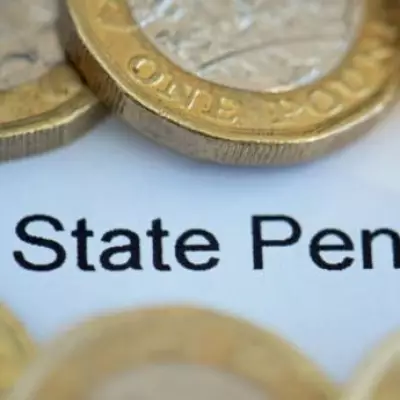
Homeowners across the UK are being urged to pay close attention to a critical tax warning issued by HM Revenue and Customs that could affect thousands of property owners.
What Every Property Owner Needs to Know
HMRC has raised the alarm about common misunderstandings surrounding property income reporting. Many homeowners mistakenly believe they don't need to declare certain types of property-related income, potentially landing them with unexpected tax bills and penalties.
The revenue body emphasises that failure to correctly report all taxable property income could result in significant financial consequences for unsuspecting homeowners.
Types of Property Income You Might Be Overlooking
According to HMRC guidance, many homeowners are unaware that various forms of property earnings require declaration, including:
- Rental income from lodgers or tenants
- Income from holiday lettings
- Payment for allowing advertising on your property
- Income from other property-related arrangements
The Property Allowance: Understanding the Rules
While the £1,000 property allowance provides some relief for small amounts of income, HMRC stresses that this doesn't eliminate the need for proper reporting in many circumstances. Homeowners must understand when they still need to complete a tax return, even if their income falls below this threshold.
Key situations requiring a tax return include:
- Property income between £1,000 and £2,500 (after expenses)
- Income over £2,500
- Other circumstances where you need to complete a return
Why This Warning Matters Now
With increasing numbers of homeowners exploring ways to generate additional income from their properties, HMRC is taking proactive steps to ensure compliance. The timing of this warning suggests the revenue body is preparing to scrutinise property income declarations more closely.
Experts recommend that all homeowners review their property-related financial activities and seek professional advice if uncertain about their tax obligations.
Staying informed and compliant is crucial to avoiding unexpected tax bills and potential penalties that could significantly impact your financial wellbeing.





